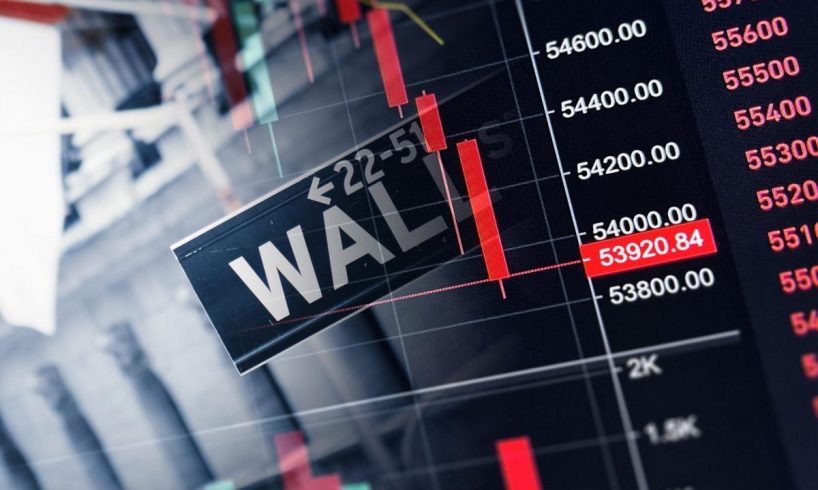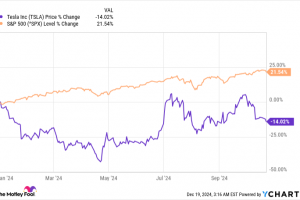
Getty Images
Stocks could drop 30% over the next few years, according to Smead Capital portfolio manager Cole Smead.
That’s because the Fed risks cutting rates too early, causing inflation to spike and investors to flee the market.
Smead said that he saw a double-digit drop as the most likely scenario for stocks.
The Fed could end up making another big policy mistake this year — one that could end up sparking a double-digit plunge in the stock market.
That’s according to Cole Smead, the CEO and portfolio manager of Smead Capital Management. While other Wall Street strategists have raised their hopes for a soft-landing and immaculate disinflation, Smead thinks the Fed is on the cusp of making the same error it did in the 70s, when the central bank saw cooling inflation and prematurely began to slash interest rates.
That ended up being disastrous for the economy, plunging the US into a stagflationary spiral and, eventually, a recession. Stocks, meanwhile, were obliterated, with the Dow Jones Industrial Average seeing 45% of its value wiped out over the course of two years.
Today’s Fed looks poised to make that very same mistake — so much so that the current investing environment resembles 1972, Smead said. That was right before the stock market saw one of its worst crashes in history.
The most likely outcome? Inflation will roar back up and stocks drop 30% from their current levels over the next few years, Smead warned.
“It’s the worst-case scenario. I would also argue, I think it’s the most likely scenario,” he told Business Insider.
Fed rate cuts galore
That spells big trouble for the rest of Wall Street, where most strategists are expecting some, if not small upside for the S&P 500. Investors have been waiting for the Fed to lower interest rates in the economy and are ambitiously pricing in rate cuts. Six by the end of 2024, to be exact, according to the CME FedWatch tool.
That market-wide forecast could be tempered a bit after Fed Chair Jerome Powell was more hawkish than expected during remarks on Wednesday, after the Federal Open Market Committee held rates…
..






